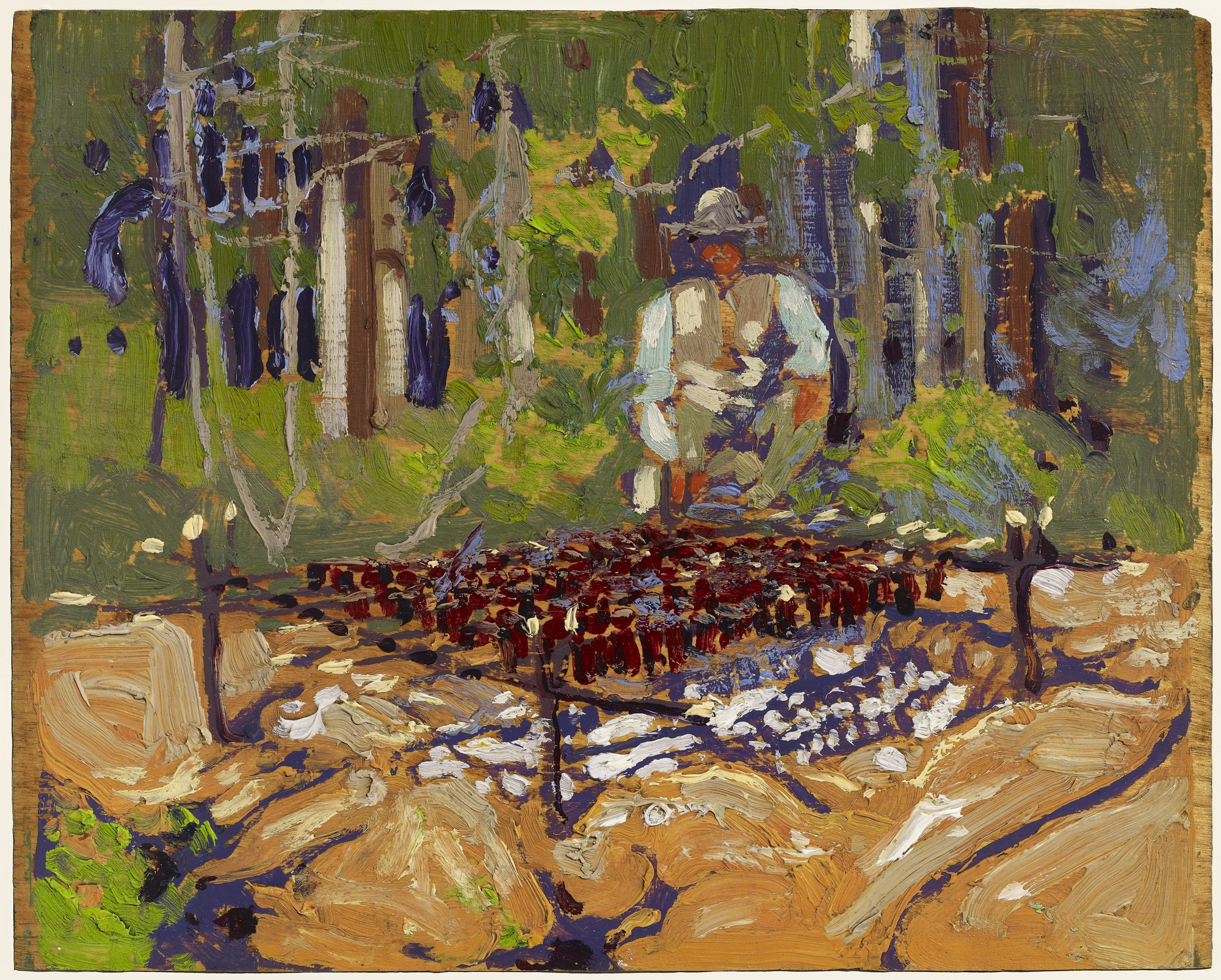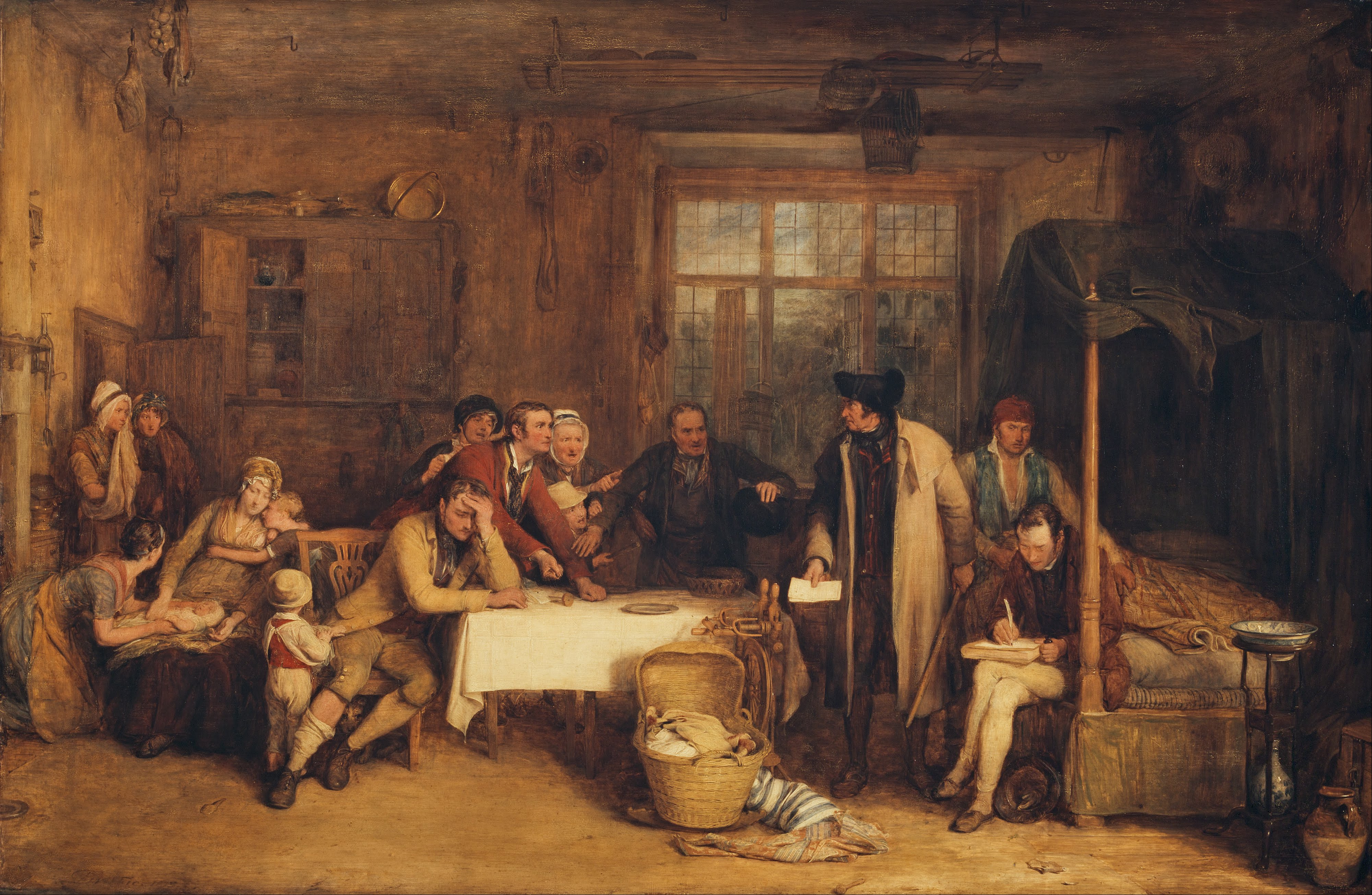|
Antragsdelikt
In the criminal law of some countries with a civil law system, an ''Antragsdelikt'' (plural ''Antragsdelikte''), "no trial without a complaint", is a category of offense which cannot be prosecuted without a complaint by the victim. The same concept has been adopted in Japanese law under the name ''shinkokuzai'' (), in South Korean law under the name ''chingojoe'' (), in the law of Taiwan (both during the early Republic period and post-1949 Taiwan) using various terms, in Dutch law under the name ''klachtdelict'', in Belgian law under the name ''klachtmisdrijf/crime de plainte'', in Finnish law under the name asianomistajarikos and in Indonesian law under the name ''delik aduan''. Basic definition The term comes from the German language words ''Antrag'' (petition) and ''Delikt'' (offense, from Latin "dēlictum"). ''Antragsdelikte'' are similar to (but not identical) in definition to ''Ermächtigungsdelikte''. For example, in Austria the latter category includes such offenses ... [...More Info...] [...Related Items...] OR: [Wikipedia] [Google] [Baidu] |
Criminal Law
Criminal law is the body of law that relates to crime. It proscribes conduct perceived as threatening, harmful, or otherwise endangering to the property, health, safety, and Well-being, welfare of people inclusive of one's self. Most criminal law is established by statute, which is to say that the laws are enacted by a legislature. Criminal law includes the punishment and Rehabilitation (penology), rehabilitation of people who violate such laws. Criminal law varies according to jurisdiction, and differs from Civil law (common law), civil law, where emphasis is more on dispute resolution and victim compensation, rather than on punishment or Rehabilitation (penology), rehabilitation. Criminal procedure is a formalized official activity that authenticates the fact of commission of a crime and authorizes punitive or rehabilitative treatment of the Criminal, offender. History The first Civilization, civilizations generally did not distinguish between Civil law (area), civil law and ... [...More Info...] [...Related Items...] OR: [Wikipedia] [Google] [Baidu] |
Law Of Singapore
The legal system of Singapore is based on the English common law system. Major areas of law – particularly administrative law in Singapore, administrative law, contract, contract law, equity (law), equity and trust law#United Kingdom, trust law, property law and tort, tort law – are largely #Judicial precedents, judge-made, though certain aspects have now been modified to some extent by statutes. However, other areas of law, such as criminal law of Singapore, criminal law, Corporations law, company law and family law of Singapore, family law, are largely #Legislation, statutory in nature. Apart from referring to relevant Singaporean cases, judges continue to refer to English case law where the issues pertain to a traditional common-law area of law, or involve the interpretation of Singaporean statutes based on English enactments or English statutes applicable in Singapore. In more recent times, there is also a greater tendency to consider decisions of important Commonwealth ... [...More Info...] [...Related Items...] OR: [Wikipedia] [Google] [Baidu] |
Battery (crime)
Battery is a criminal offense involving unlawful physical contact, distinct from assault, which is the act of creating reasonable fear or apprehension of such contact. Battery is a specific common law offense, although the term is used more generally to refer to any unlawful offensive physical contact with another person. Battery is defined by American common law as "any unlawful and/or unwanted touching of the person of another by the aggressor, or by a substance put in motion by them". In more severe cases, and for all types in some jurisdictions, it is chiefly defined by statutory wording. Assessment of the severity of a battery is determined by local law. Generally Specific rules regarding battery vary among different jurisdictions, but some elements remain constant across jurisdictions. Battery generally requires that: # an offensive touch or contact is made upon the victim, instigated by the actor; and # the actor intends or knows that their action will cause the offen ... [...More Info...] [...Related Items...] OR: [Wikipedia] [Google] [Baidu] |
Exhibitionism
Exhibitionism is the act of exposing in a public or semi-public context one's intimate parts – for example, the breasts, genitals or buttocks. As used in psychology and psychiatry, it is substantially different. It refers to an uncontrollable urge to exhibit one's genitals to an unsuspecting stranger, and is called an "Exhibitionistic Disorder" rather than simply exhibitionism. It is an obsessive compulsive paraphilic disorder, which typically involves men exposing themselves to women. It is considered a psychiatric disorder. Such patients need psychological/psychiatric treatment. The practice may arise from a desire or compulsion to expose oneself in such a manner to groups of friends or acquaintances, or to strangers for their amusement or sexual satisfaction, or to shock the bystander. Exposing oneself only to an intimate partner is normally not regarded as exhibitionism. In law, the act of exhibitionism may be referred to as ''indecent exposure'' or ''exposing one's pe ... [...More Info...] [...Related Items...] OR: [Wikipedia] [Google] [Baidu] |
Statutory Rape
In common law jurisdictions, statutory rape is nonforcible sexual activity in which one of the individuals is below the age of consent (the age required to legally consent to the behaviour). Although it usually refers to adults engaging in sexual contact with minors under the age of consent, it is a generic term, and very few jurisdictions use the actual term ''statutory rape'' in the language of statutes. In statutory rape, overt force or threat is usually not present. Statutory rape laws presume coercion because a minor or mentally disabled adult is legally incapable of giving consent to the act. Different jurisdictions use many different statutory terms for the crime, such as ''sexual assault'', ''rape of a child'', ''corruption of a minor'', ''unlawful sex with a minor'', ''carnal knowledge of a minor'', ''sexual battery'', or simply '' carnal knowledge''. The terms ''child sexual abuse'' or ''child molestation'' may also be used, but ''statutory rape'' generally refers ... [...More Info...] [...Related Items...] OR: [Wikipedia] [Google] [Baidu] |
Diminished Responsibility
In criminal law, diminished responsibility (or diminished capacity) is a potential defense by excuse by which defendants argue that although they broke the law, they should not be held fully criminally liable for doing so, as their mental functions were "diminished" or impaired. Overview Diminished capacity is a partial defense to charges that require that the defendant act with a particular state of mind. For example, if the felony murder rule does not apply, first degree murder requires that the state prove beyond a reasonable doubt that the defendant acted with premeditation, deliberation, and the specific intent to kill—all three are necessary elements of the state's case. If evidence exists, sufficient to create a reasonable doubt as to whether the defendant because of mental illness or "defect" possessed the capacity to premeditate, deliberate or form the specific intent to kill then the state cannot convict the defendant of first degree murder. This does not mean that t ... [...More Info...] [...Related Items...] OR: [Wikipedia] [Google] [Baidu] |
Poaching
Poaching is the illegal hunting or capturing of wild animals, usually associated with land use rights. Poaching was once performed by impoverished peasants for subsistence purposes and to supplement meager diets. It was set against the hunting privileges of nobility and territorial rulers. Since the 1980s, the term "poaching" has also been used to refer to the illegal harvesting of wild plants. In agricultural terms, the term 'poaching' is also applied to the loss of soils or grass by the damaging action of feet of livestock, which can affect availability of productive land, water pollution through increased runoff and welfare issues for cattle. Stealing livestock, as in cattle raiding, classifies as theft rather than poaching. The United Nations' Sustainable Development Goal 15 enshrines the sustainable use of all wildlife. It targets the taking of action on dealing with poaching and trafficking of protected species of flora and fauna to ensure their availability for present ... [...More Info...] [...Related Items...] OR: [Wikipedia] [Google] [Baidu] |
Pawnbroker
A pawnbroker is an individual that offers secured loans to people, with items of personal property used as Collateral (finance), collateral. A pawnbrokering business is called a pawnshop, and while many items can be pawned, pawnshops typically accept jewelry, musical instruments, coins, gold, silver, firearms; as well as home audio equipment, computers, video game systems, televisions, cameras, and power tools being included as the world entered the Information Age. The items ''pawned'' to the broker or shop are themselves called pledge (law), ''pledges'', ''pawns'', or simply ''the collateral''. If an item is pawned for a loan (colloquially "hocked" or "popped"), within a certain contractual period of time the pawner may redeem it for the amount of the loan plus some agreed-upon amount for interest. In the United States the amount of time, and rate of interest, is governed by law and by the state commerce department policies. They have the same license as a bank, which is ... [...More Info...] [...Related Items...] OR: [Wikipedia] [Google] [Baidu] |
Distraint
Distraint or distress is "the seizure of someone’s property in order to obtain payment of rent or other money owed", especially in common law countries. Distraint is the act or process "whereby a person (the ''distrainor''), traditionally even without prior court approval, seizes the personal property of another located upon the distrainor's land in satisfaction of a claim, as a pledge for performance of a duty, or in reparation of an injury." Distraint typically involves the seizure of goods ( chattels) belonging to the tenant by the landlord to sell the goods for the payment of the rent. In the past, distraint was often carried out without court approval. Today, some kind of court action is usually required, the main exception being certain tax authorities – such as HM Revenue and Customs in the United Kingdom and the Internal Revenue Service in the United States – and other agencies that retain the legal power to levy assets (by either seizure or distraint) without a cou ... [...More Info...] [...Related Items...] OR: [Wikipedia] [Google] [Baidu] |
Electricity Theft
Electricity theft is the criminal practice of stealing electrical power. The practice of stealing electricity is nearly as old as electricity distribution. Electricity theft is accomplished via a variety of means, from methods as rudimentary as directly hooking to a power line, to manipulation of computerized electrical meters. Electricity theft is most common in developing countries where power grids deliver inadequate and unreliable power. The global cost of electricity theft was estimated at $96 billion every year. Some punishments for the crime include fines and incarceration. The electricity losses caused by the theft are classified as non-technical losses. History On March 27, 1886 it was reported that electricity espionage was accomplished by unscrupulous persons tapping into Edison Electricity in New York. The Superintendent of the power station sent a power surge into the line to burn out or destroy foreign objects trespassing on the line. Types There are va ... [...More Info...] [...Related Items...] OR: [Wikipedia] [Google] [Baidu] |
Taking Without Owner's Consent
In England, Wales and Northern Ireland, taking without owner's consent (TWOC), also referred to as unauthorised taking of a motor vehicle (UTMV), describes any unauthorised use of a car or other conveyance that does not constitute theft. A similar offence, known as taking and driving away, exists in Scotland. In police slang usage, ''twoc'' became a verb, with ''twocking'' and ''twockers'' (also spelled twoccing and twoccers) used respectively to describe car theft and those who perpetrate it: these usages subsequently filtered into general British slang. England and Wales Discussion Any unauthorised taking of a car is likely to cause distress and can cause significant inconvenience to the owner and his or her family, so this is an offence covering an everyday crime, yet one that often involves genuine emotions of personal invasion. Nevertheless, it is a summary offence defined under section 12(1) of the Theft Act 1968: Adopting the standard section 1 definition of theft would ... [...More Info...] [...Related Items...] OR: [Wikipedia] [Google] [Baidu] |
Burglary
Burglary, also called breaking and entering (B&E) or housebreaking, is a property crime involving the illegal entry into a building or other area without permission, typically with the intention of committing a further criminal offence. Usually that offence is theft, larceny, robbery, or murder, but most jurisdictions include others within the ambit of burglary. To commit burglary is to ''burgle'', a term back-formed from the word ''burglar'', or to ''burglarize''. Etymology Sir Edward Coke (1552–1634) explains at the start of Chapter 14 in the third part of '' Institutes of the Lawes of England'' (pub. 1644), that the word ''Burglar'' ("or the person that committeth burglary"), is derived from the words ''burgh'' and ''laron'', meaning ''house-thieves''. A note indicates he relies on the ''Brooke's case'' for this definition. According to one textbook, the etymology originates from Anglo-Saxon or Old English, one of the Germanic languages. (Perhaps paraphrasing Sir Edward ... [...More Info...] [...Related Items...] OR: [Wikipedia] [Google] [Baidu] |






